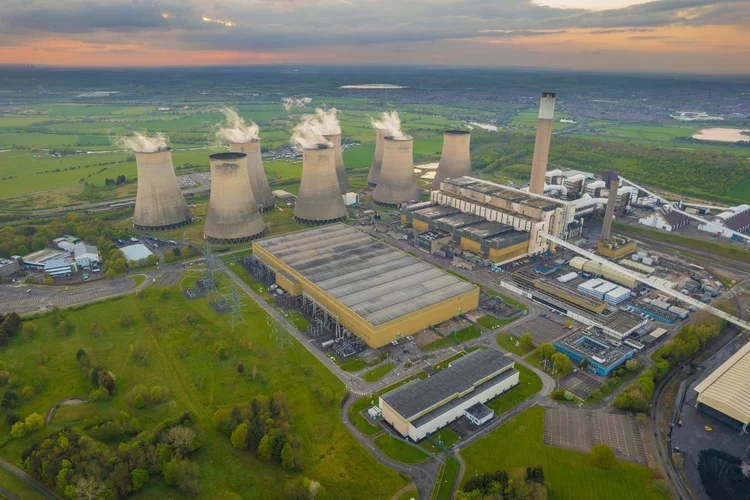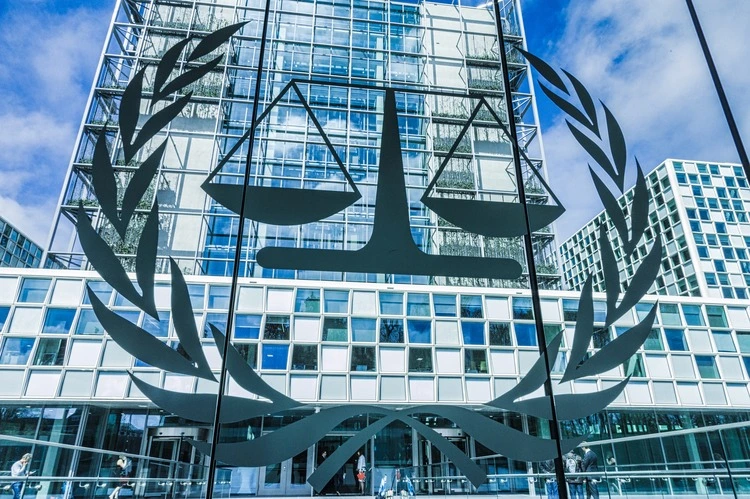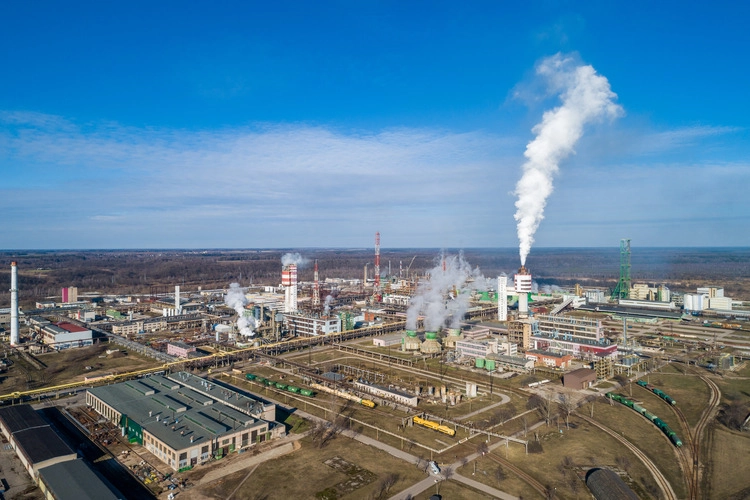
Discover how our planet’s climate has been supported in 2024, from decommissioning the UK’s last coal power station to a landmark court case
By
The end of the year is fast approaching, and with that comes the chance to reflect on the last 365 days.
There’s plenty of news in the climate-sphere pointing toward the planet’s precarious future – like the fact 2024 is almost certain to be the hottest year on record – but there are also countless ways that scientists and organisations have made positive climate action toward bettering the world we live in.
Here are seven ways that developments and progress around the world have made a difference to the climate, as covered by Geographical in 2024. If you’re interested in a particular story, click on the title to find out more…
1) A solar energy breakthrough

In 2024, scientists at the University of Oxford developed an ultra-thin, light-absorbing solar cell coating that could generate electricity when applied to almost any surface: bags, cars and even buildings. The new invention was also successfully applied to curved surfaces, meaning its possibilities for use could be virtually endless.
Such an invention is hoped to reduce the cost of solar power and make it the most affordable source of renewable energy in the world, a scenario that would help businesses and organisations move away from planet-polluting fossil fuels that accelerate climate change.
2) UK decommissioned its last coal power station

This year, the UK became the first G7 country to phase out energy production using coal power, closing its very last coal-fired power station in Ratcliffe-on-Soar in Nottinghamshire.
The move was a major milestone for reducing harmful CO2 emissions: according to Carbon Brief estimates, since UK coal plants were in operation (from 1882), they will have collectively emitted 10.4bn tonnes of carbon dioxide (CO2). This staggering figure is more than most countries have ever produced from all sources.
In the shift toward forms of green energy, the UK government now has its sights set on developing a competitive battery supply chain. By building more gigafactories – factories that produce batteries for electric vehicles (EVs) – the country can also encourage the production and uptake of EVs.
3) Ecocide proposed as a crime at the ICC

In September this year, ecocide – an umbrella term used to describe actions resulting in severe environmental damage – was proposed as a crime to the International Criminal Court (ICC).
If ecocide is eventually recognised as a crime, it’ll mean that those in positions of responsibility, like policymakers and senior executives, face immediate responsibility for destructive actions to our planet and likely encourage big leaders to take more climate-friendly approaches to business activities.
4) Poland’s green energy revolution

In Poland, attitudes toward alternate – and more green – fuel sources have begun to change as a result of the cost of living crisis and the Russia-Ukraine war.
The country is the ninth-biggest coal producer in the world, but also has a sizeable domestic coal reserve itself, with mostly domestic coal fuelling its 42 power plants. However, projects are now being carried out to install heat pumps and solar panels in buildings across the country, with a notable uptick in heat pumps being sold: almost 200,000 in 2023, a year-on-year growth of 120 per cent.
Now, it is hoped that coal power may be phased out in the country completely by 2035 as public opinions begin to shift.
5) Landmark climate case opened at UN court

In December, the largest-ever case was put forward to the UN’s International Court of Justice (ICJ). At its centre were two questions, which fifteen judges ruled on – a decision which is still yet to be revealed.
The first question discussed the specifics of what countries can do (under international law) to protect the planet against human-driven greenhouse gas emissions, and the second sought to understand what legal consequences countries face where their actions have led to significant damage to the climate and environment.
The case was first brought forward by the Pacific island of Vanuatu, which has long expressed its concerns over its disproportionate vulnerability to climate change, having contributed little to the human-induced emissions across the world but at the frontlines of rising seas and coastal erosion.
Any decisions made by the ICJ are not legally binding, but will hold authoritative and legal value – and most likely be cited in thousands of climate-driven lawsuits around the world following the conclusion of the hearing.
6) Major UK supermarket tackles cow farting

Cows are a big part of agriculture, but their vast presence has been stirring up concerns over methane production. Burping and farting from the animals is believed to produce almost one-third of human-caused methane and 14 per cent of all human-induced climate change emissions.
Major supermarket M&S decided to tackle the issue in their own food production in 2024 by changing their cows’ diets. Across 40 herds, the company swapped pasture grazing for a diet derived from mineral salts and a by-product of fermented corn – a move that is hoped to remove 11,000 tons of greenhouse gas emissions from the atmosphere each year.
7) Using AI to decarbonise the chemical industry

The chemical industry is the third-largest source of greenhouse gases responsible for climate change, but a new startup, Entalpic, may be changing that for good by using the power of AI to decarbonise the industry.
It sounds complicated, but can be boiled down quite simply: the company plans to use the technology to evaluate new materials and molecules that can replace outdated – and crucially, planet-polluting – industrial chemical processes.
Because AI can take on such vast swathes of information all at once, it can quickly scour through quantum simulations to physical lab experiments and academic literature, finding out exactly what the best sustainable material is. This will whittle down the time it would otherwise take scientists to deduce materials, and is hoped to improve the production of hydrogen, sustainable cement and battery semiconductors.





